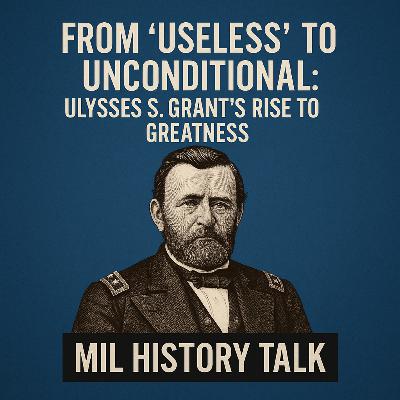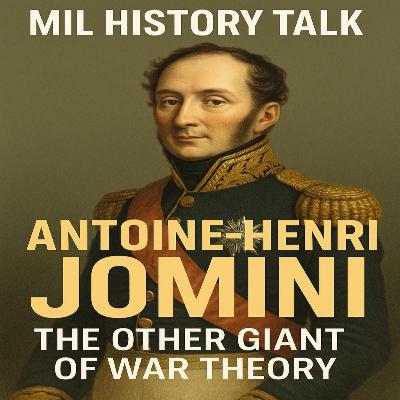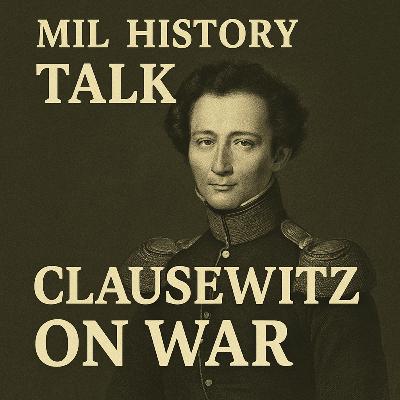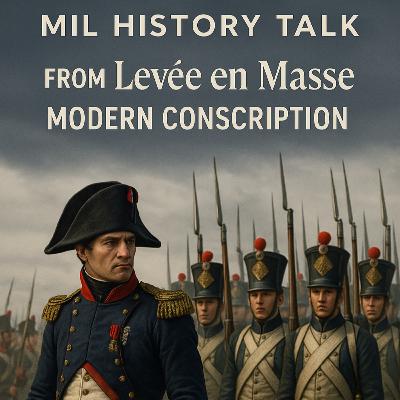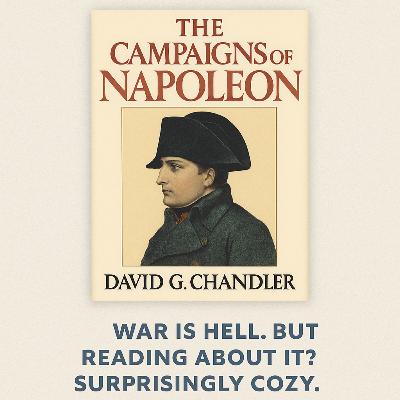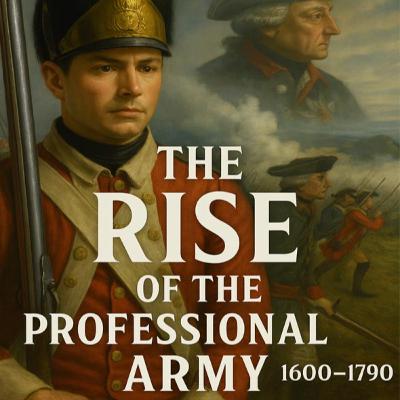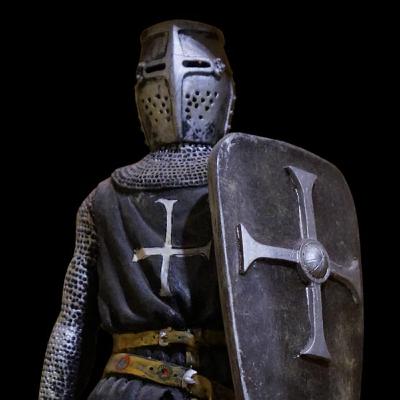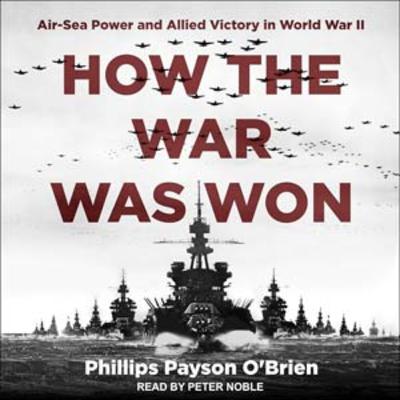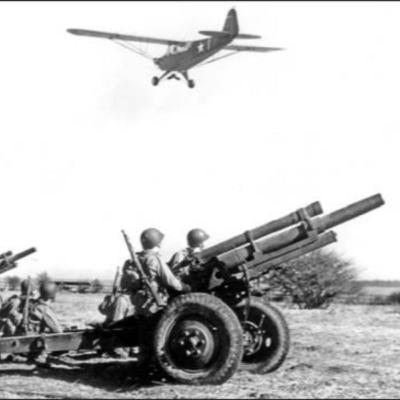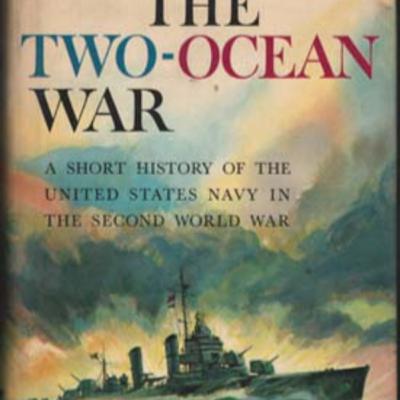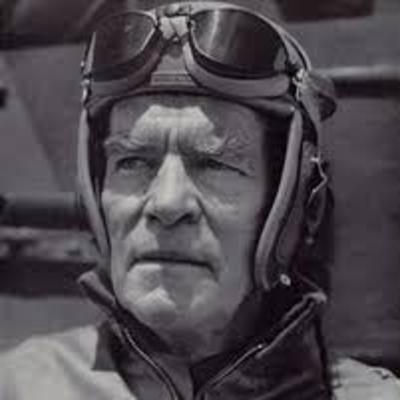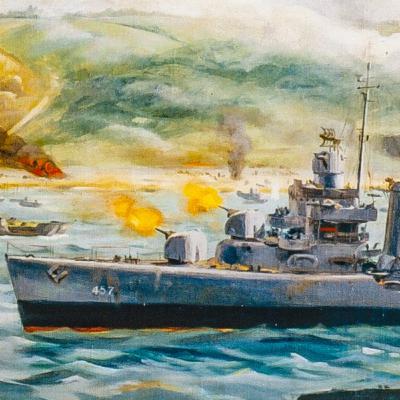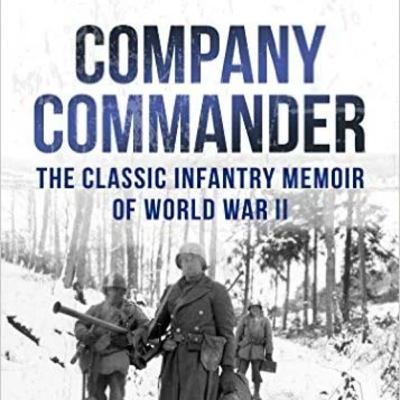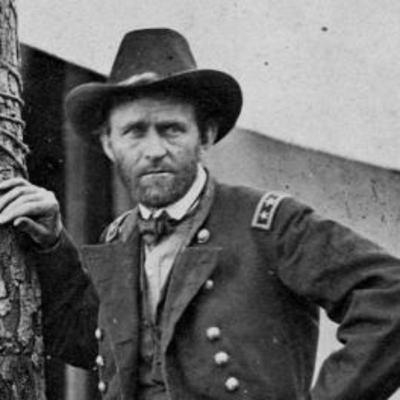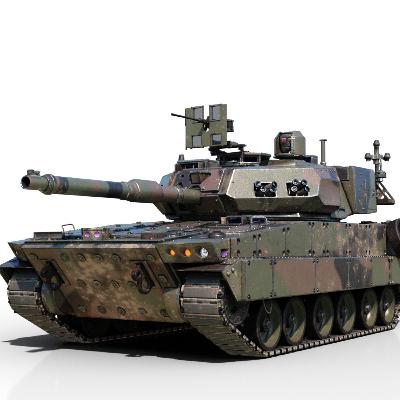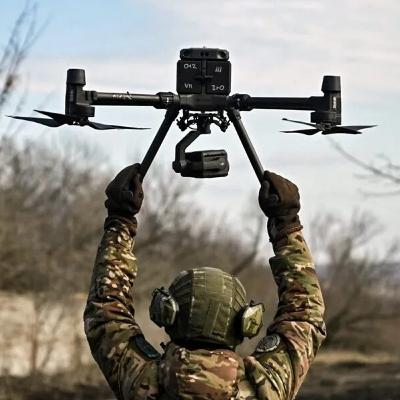Discover Mil History Talk
Mil History Talk

Mil History Talk
Author: Lou D.
Subscribed: 0Played: 2Subscribe
Share
© Lou D.
Description
Military History Topics primarily for instruction purposes with AI-Generated hosts.
While the intended audience is primarily students and practitioners in the profession of arms, the content may also appeal to anyone with an interest in military history, operations, and strategy.
Each episode is based entirely on my own writing and research. I take full responsibility for all assertions, interpretations, and errors—along with the occasional (but not overly frequent) mispronunciations by the AI hosts.
Supporting articles are at: https://dimarcol.substack.com/
While the intended audience is primarily students and practitioners in the profession of arms, the content may also appeal to anyone with an interest in military history, operations, and strategy.
Each episode is based entirely on my own writing and research. I take full responsibility for all assertions, interpretations, and errors—along with the occasional (but not overly frequent) mispronunciations by the AI hosts.
Supporting articles are at: https://dimarcol.substack.com/
30 Episodes
Reverse
He started life with the nickname “Useless” and ended it as the general who broke the Confederacy. In this episode of Mil History Talk, Hope and Brian dig into the unlikely journey of Ulysses S. Grant—from a quiet Ohio boy who hated his dad’s tannery, to a failed farmer and struggling civilian, to the Union’s relentless general-in-chief.Along the way, you’ll hear about Grant’s daredevil moments in the Mexican–American War, his struggles with drinking and business flops, the legendary bromance with William Tecumseh Sherman, and the trust he built with Abraham Lincoln that carried the Union to victory.Join Hope for the sass and pop culture comparisons (think “Grant as the ultimate underdog rebrand”) and Brian for the deep-dive analysis on strategy, leadership, and the realities of industrial warfare. History has never been this fun—or this fierce.
A discussion of the ideas and theories of Swiss/French military theorist Antoine-Henri Jomini the creator of the Principles of War, and a contemporary of Clausewitz.
A short podcast that intrduces Prussian military thinker Carl von Clausewitz, his biography and his major ideas.
Explains the creation of the conscript army as part of the French Revolution and how and why this type of army remains a model that many modern militaries emulate.
A review of the classic on the Napoleonic wars --David Chandler's Campaigns of Napoleon.
This podcast describes the shift from mercenary armies to the professional armies that remain the model for many of today's national armies, including the US Army.See the full written article here: The Rise of the Professional Army, 1600–1790
This podcast is the first in a series that describes the evolution of armies, beginning with the decline of the medieval knight and the rise of professional mercenary forces between 1300 and 1600. Advances in tactics, gunpowder weapons, and siege warfare shifted the battlefield to disciplined infantry like Swiss pike squares, German Landsknechts, and Spanish tercios, funded by emerging fiscal-military states and replacing knights as the core of European armies.See the full written article here: Home | Substack
A critical look at how the WW2 doctrine and experience continues to effect the US Army in the 21st Century
A sharp and strategic review of Phillips Payson O'Brien’s “How the War Was Won.” This episode breaks down O’Brien’s bold argument that air and sea power—not land battles—decided the outcome of World War II. Join us as we analyze his claims, assess the evidence, and weigh the true engines of Allied victory.
This podcast takes a critical look at US Army doctrine in WW2. The US Army was successful in WW2 but it was not perfect. Understanding those imperfections is as important as recognizing the successes.
A review of probably the best one volume history of the US Navy is World War II, "Two Ocean War" by Samual E. Morison.
This is the first of a multi-part series on the development of US Army doctrine in WW2 and how it continues to influence the way the US military fights in the 21st Century. This first episode focuses on General Adna Chaffee and the development of the US Armored Force.
Something a little different on the 81st anniversary of the D Day landings. The story of the US Navy destroyers and the vital role they played in assuring the success of the US Army D Day landings, particularly on Omaha Beach.
The classic memoir of company-level leadership in the toughest battles of WWII in Europe.
Explores the basics of why in war, having the correct military strategy is far more important than tactical expertise or operational capability
An AI host provides a simple explanation of why a basic knowledge of Military History is essential for all military professionals.
A look at the challenges that have and will continue to influence the design of the coming generations of armored vehicles in the US Army.
A review of the newly released book, Dying Hard, by retired army Colonel French MacLean. The book is a meticulouslyresearched and emotionally resonant tribute to the soldiers of Company B, 39thcInfantry Regiment, 9th Infantry Division during World War Two.
A quick look at the newest tech in Ukraine and how its changing basic tactics now and what it might mean in the future.
An AI-hosted discussion of the first large-scale use of combat drones combined with vehicle-borne improvised explosive devices during the battle of Mosul between ISIS and the allied forces supporting the Iraqi government in 2017.


